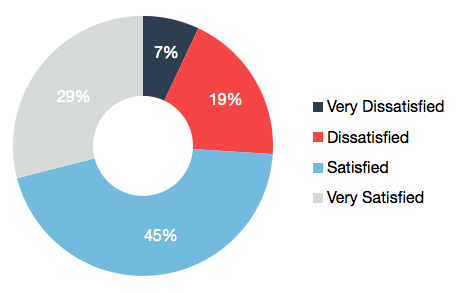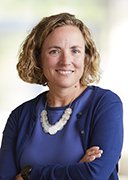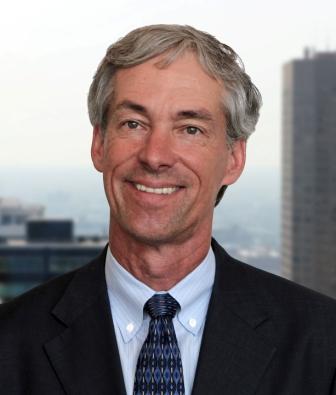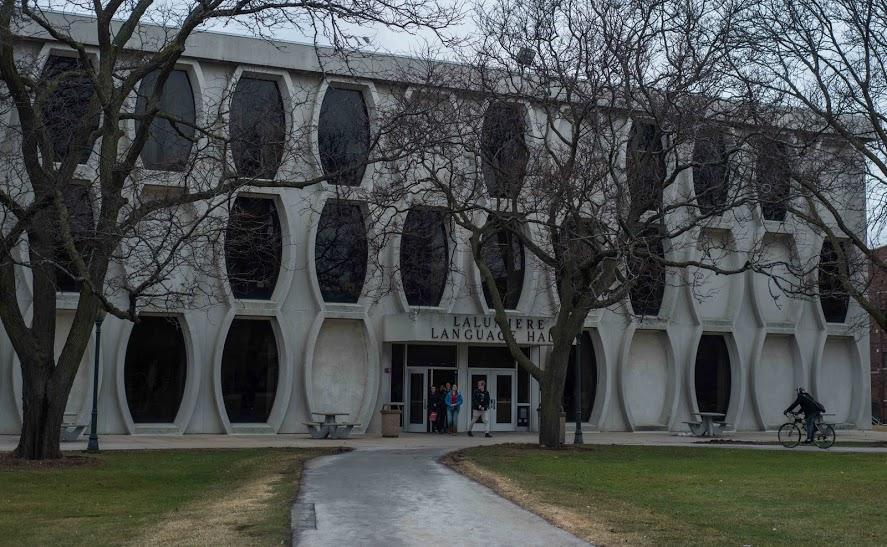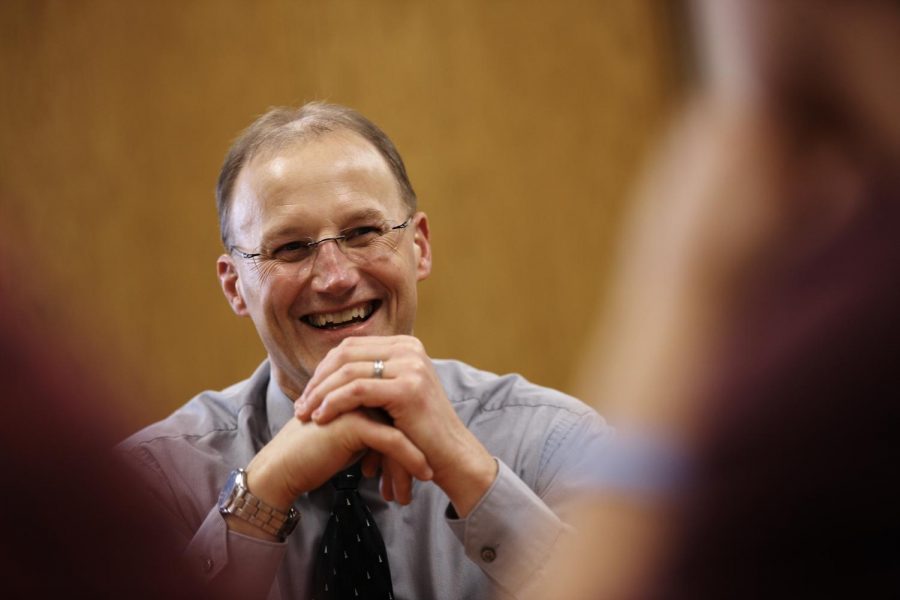Erik Herron, a professor and associate chairman of political science at the University of Kansas and third candidate for the deanship of the College of Arts & Sciences, discussed the role of liberal arts at a Catholic, Jesuit university in the 21st century when he visited Marquette last Tuesday.
Phillip Naylor, professor of history and chair of the dean search committee, opened the presentation by introducing Herron and explaining how he was chosen as a candidate for the deanship.
Naylor said a colleague told him the committee should consider a professor from the University of Kansas, and Naylor urged the colleague to nominate the professor.
“Sure enough, the firm vetted my colleague’s nominee and recommended the committee,” Naylor said.
Much of Herron’s work involves Russian and Eastern European studies. He traveled and lived in Europe and Asia, serving on many observation missions around the area. While his Ph.D. is in political science, Herron has devoted much of his life to international affairs, particularly in Eastern Europe, earning various awards and promotions.
“His commitment toward sustaining the democratization of Eastern Europe was also noted and admired,” Naylor said. “Professor Herron obviously earned the respect and admiration of his colleagues, since he was appointed Director of the Center for Russian and East European Studies while on tenure.”
Herron is also the director of the political science program at the National Science Foundation. Last year, he received the Woodyard International Educator of the Year award.
Herron said there are three specific targets he hopes to hit with Marquette’s College of Arts & Sciences.
“I want to talk about inspiration and service to the world in the context of three challenges facing arts and sciences in the coming century: internationalization, the rise of interdisciplinary (studies) and the growing need to explain what we do to a range of constituencies,” Herron said.
Herron began with internationalization, drawing on his experiences in Eastern Europe to explain the importance of international relations. He said these ideas could be accomplished through the growing role of technology in modern society.
“We have to be creative in finding ways to engage with students, engage with our research, engage with our colleagues around the world, and in the 21st century, technology will provide a gateway for that, but we have to be mindful of deepening the experiences and taking care to avoid the superficial,” Herron said.
The second topic Herron discussed was a focus on interdisciplinary work in the College of Arts & Sciences. He discussed an example of his own work that displayed interdisciplinary collaboration.
“At the National Science Foundation we have specific solicitations that encourage interdisciplinary work, and I try and talk to the community in political science and the social sciences in general about participating in interdisciplinary activities,” Herron said. “Interdisciplinary work and internationalization is here, and the arts and sciences are especially equipped to address this challenge during the 21st century.”
Herron wrapped up his presentation with his final point — the importance of developing scholars who can address multiple communities. This combined all three points regarding international work capability. He added that technology growth will change the way things are done on a scholarly level.
“We’ve entered a time where we have to be more visible and we have to communicate more broadly,” Herron said.

